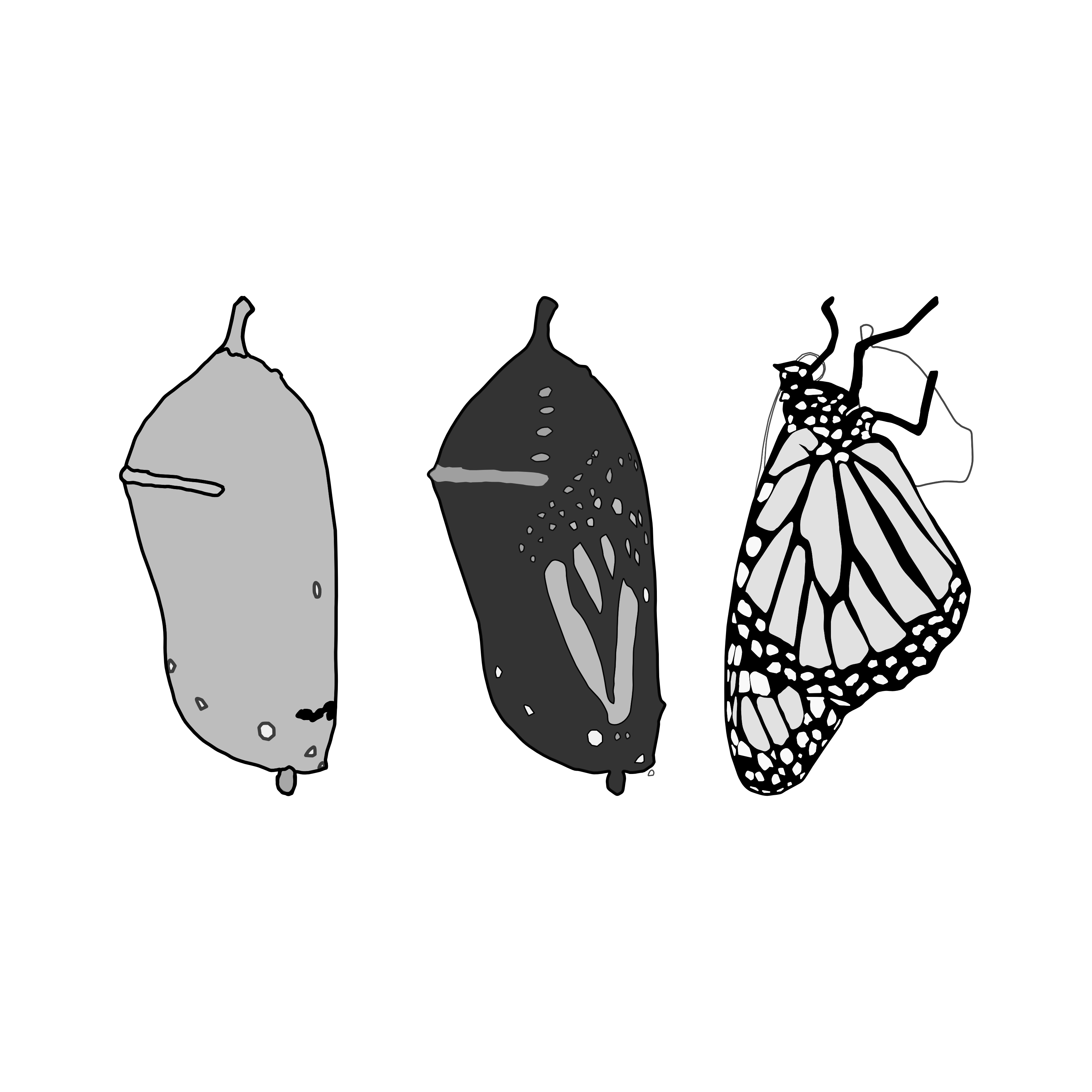In the midst of psychiatric drug withdrawal, it can feel like everything is breaking down. Emotions may surge uncontrollably, long-buried thoughts or feelings may resurface, and our ability to cope can seem like it has disappeared overnight. It’s easy—and incredibly human—to assume that withdrawal itself is causing these experiences.

Acknowledging the Reality of Drug Injury
Psychiatric drug withdrawal can absolutely injure the brain and the nervous system. It can disorient the mind and the body in profound ways. There is real, physiological harm that can happen when these substances are removed too quickly—or sometimes even slowly. I want to name this clearly, because acknowledging the possibility of drug injury is essential for validating the lived reality of so many who suffer in withdrawal.
Withdrawal Often Amplifies What Was Already There
At the same time, I believe it’s also important to explore a different—and perhaps more nuanced—possibility: that psychiatric drug withdrawal often amplifies what was already within us, rather than creating something entirely new.
I know this view can feel controversial. It pushes back on a common narrative—that psychiatric drugs and withdrawal create totally new, foreign suffering. And I understand that perspective, because withdrawal often does bring unfamiliar and overwhelming experiences that feel unlike anything we’ve previously encountered. But sometimes, those intense reactions are not entirely new. They’re expressions of older wounds, unmet needs, or long-held beliefs that were numbed, suppressed, or distorted by medication—and now emerge more clearly, more loudly, and more urgently than ever before in the face of injury and in the absence of those suppressive effects.
This Isn’t About Blame—It’s About Expansion
This is not about blaming ourselves for our suffering. It’s not about saying, “You were always this way” or “This is your fault.” It’s about expanding the frame. Before we ever took medication, many of us were already carrying things—grief, fear, loneliness, disconnection, patterns of people-pleasing, perfectionism, dissociation, or rage that we didn’t know how to navigate, process, or integrate. The drugs may have quieted those things, sometimes for years. But the underlying dynamics remained. And when the buffer is compromised by injury or removed, we can find ourselves face to face with what had only ever been dulled.
Curiosity as a Path to Healing
So the question becomes: What might it mean to meet those parts with curiosity, instead of fear, shame, or blame?
Curiosity is a quiet but profound form of power. It’s the opposite of panic or judgment. It allows us to say: “This experience is intense and terrifying—and also, what might it be showing me?” Instead of labeling our thoughts or emotions as wrong, broken, or purely withdrawal-induced, we begin to ask: What is this feeling pointing toward? What memory or unmet need lives underneath this fear? What have I not yet had the chance—or capacity—to face until now?
Of course, withdrawal is not always the time to go digging deep into every feeling or narrative. Safety and stability come first. But even in small ways, cultivating curiosity can make space for healing. It reminds us that we are not just enduring something happening to us—we are being invited to witness something rising within us.
The Risk of Abdicating Agency
When we blame withdrawal for everything, we can inadvertently strip ourselves of agency. That framing, though often protective at first, can become limiting. It suggests that we are passive victims of a purely chemical storm, rather than humans in a sacred and difficult transition—moving through layers of both injury and awakening.
Holding Two Truths
It’s possible to hold both truths: that drug withdrawal can harm and disorient us and that it can also reveal parts of us that have long needed our attention. Not because we are broken, but because we are healing. Not because we are starting from scratch, but because we are finally beginning to meet the parts of ourselves that we’ve long been separated from.
And in that meeting, with curiosity and compassion as our companions, we begin to reclaim our stories—and our lives.
If you’re facing the challenges of psychiatric drug injury and withdrawal, know that you’re not alone. Embracing curiosity and compassion can help guide your healing. If you’re ready to explore your path forward, reach out—I’m here to support you on this journey.
